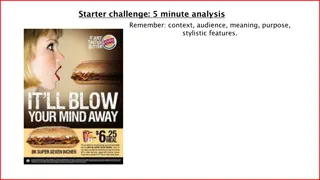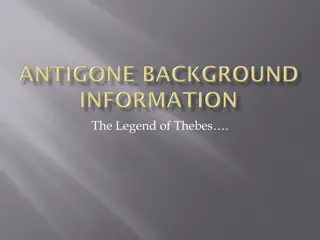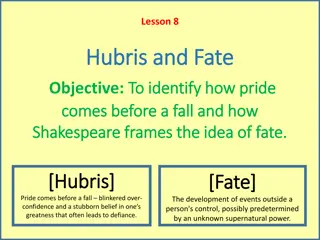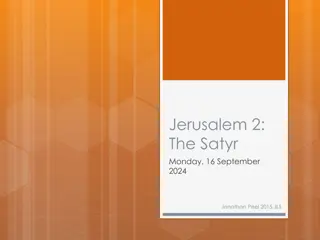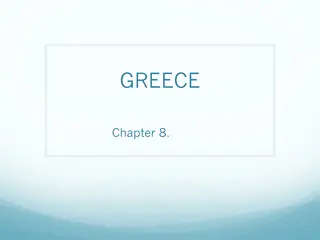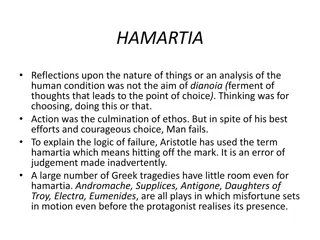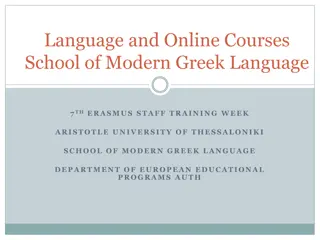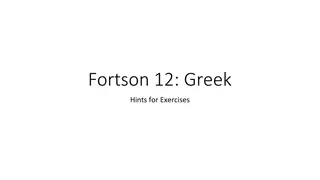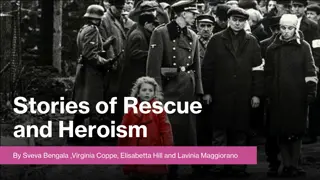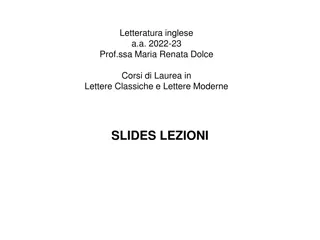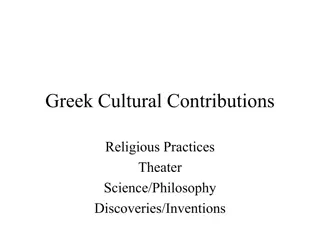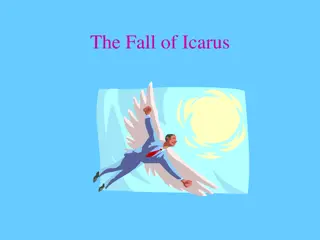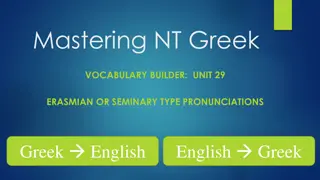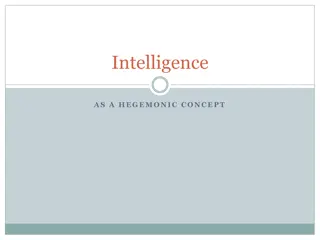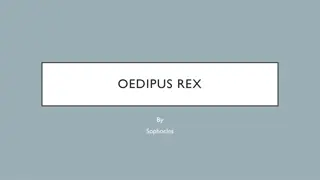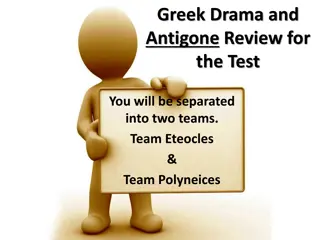Exploring the Notions of Heroism and Hubris in Greek Literature
Delve into the essence of heroism and hubris in Greek literature through an exploration of the qualities, virtues, and dangers associated with these concepts. Understand how hubris, defined as excessive pride, often serves as a tragic flaw that hinders heroes from achieving their goals. Unravel the characteristics of a tragic hero as outlined by Aristotle, emphasizing the interplay between pity and fear in the portrayal of these revered figures. Reflect on the enduring significance of studying heroes and the timeless lessons they offer.
Download Presentation

Please find below an Image/Link to download the presentation.
The content on the website is provided AS IS for your information and personal use only. It may not be sold, licensed, or shared on other websites without obtaining consent from the author. Download presentation by click this link. If you encounter any issues during the download, it is possible that the publisher has removed the file from their server.
E N D
Presentation Transcript
Antigone The Hero & Hubris
I. What is a Hero? One who captures the essence of the ideal individual of a nation A brave and noble character, admired for great achievements or affected by grand events
II. What are the qualities of a Hero? Very intelligent Experiences a wide range of emotions Faces and makes complex and difficult decisions Strives for ar te Goal is to achieve kleos Receives supernatural help Public approval is crucial to self-esteem Has super human strength
III. What is arte (air-a-tay) Strength, skill, courage, determination Athletic field and battlefield Courage Moral responsibility
IV. Greek view of a Hero a. Valued for his strength and skill, courage and determination Achieves glory and honor during lifetime Remembered after his death for the above attributes (immortality) Lasting fame places the hero lower than the gods but higher than the ordinary man b. c. d.
V. Why do we study the Hero? Allows us to learn about our own attitudes Allows us to gain insights into our own goals Enables us to find the qualities of a hero in ourselves
Hubris Defined as excessive or fatal pride. Hubris often serves as a flaw for the hero, hindering him from achieving his goals. Loss of contact with reality and an overestimation of one's own competence, accomplishments or capabilities, especially when the person exhibiting it is in a position of power.
How can HUBRIS be dangerous?
Tragic Hero / Heroine Aristotle says: hero of a tragedy must evoke in the audience a sense of pity or fear the change of fortune presented must not be the spectacle of a virtuous man brought from prosperity to adversity." The hero must be virtuous Pity: person receives undeserved misfortune and fear comes when the misfortune befalls a man like us
Tragic Hero / Heroine (continued) Misfortune is brought about by: Misfortune Weakness The hero is NOT entirely good INSTEAD the hero commits an injury or a great wrong leading to his misfortune Must be one who is highly renowned and prosperous
Modern Day Hubris In its modern usage, hubris denotes overconfident pride and arrogance; it is often associated with a lack of humility. An accusation of hubris often implies that suffering or punishment will follow, similar to the occasional pairing of hubris and nemesis in the Greek world. The proverb "pride goes before a fall" is thought to sum up the modern definition of hubris.
HOMEWORK Due Wednesday Definitions and Choosing the Right Word UNIT 1 Find a modern example of HUBRIS


